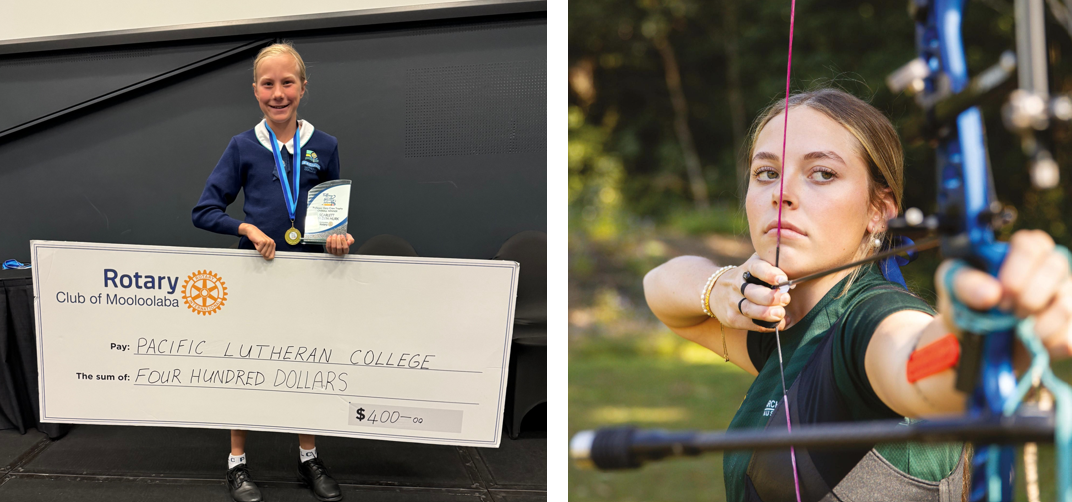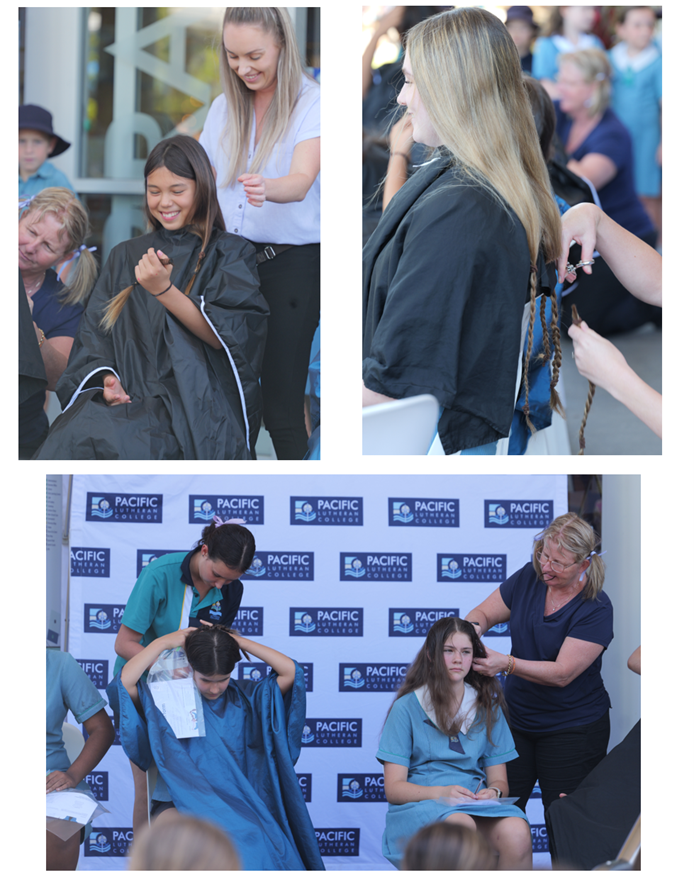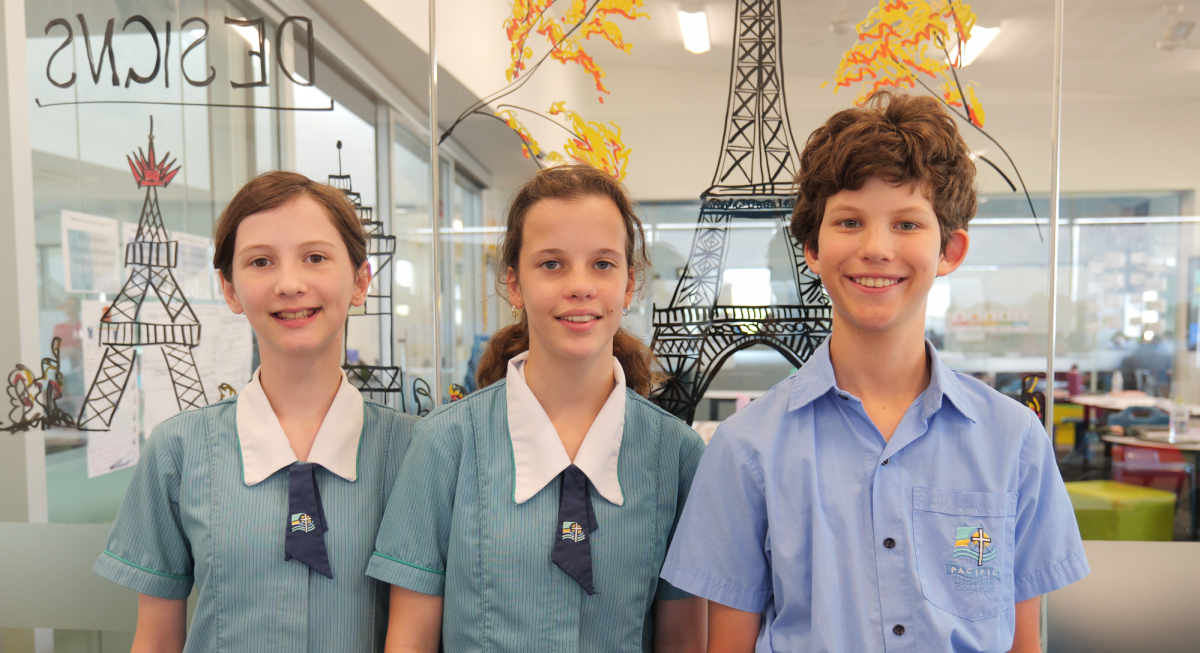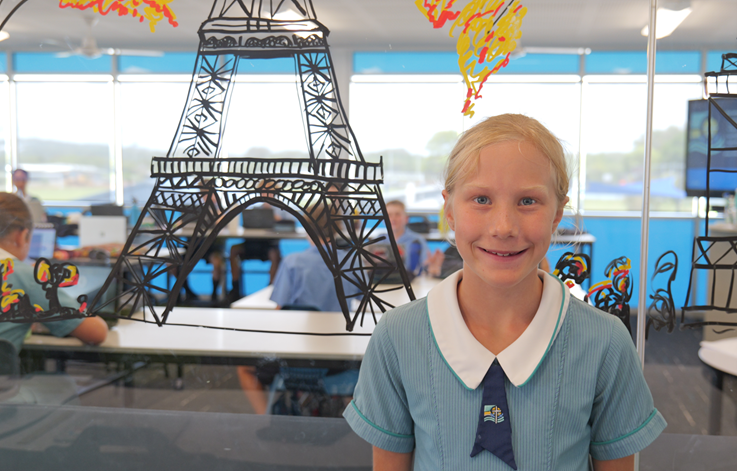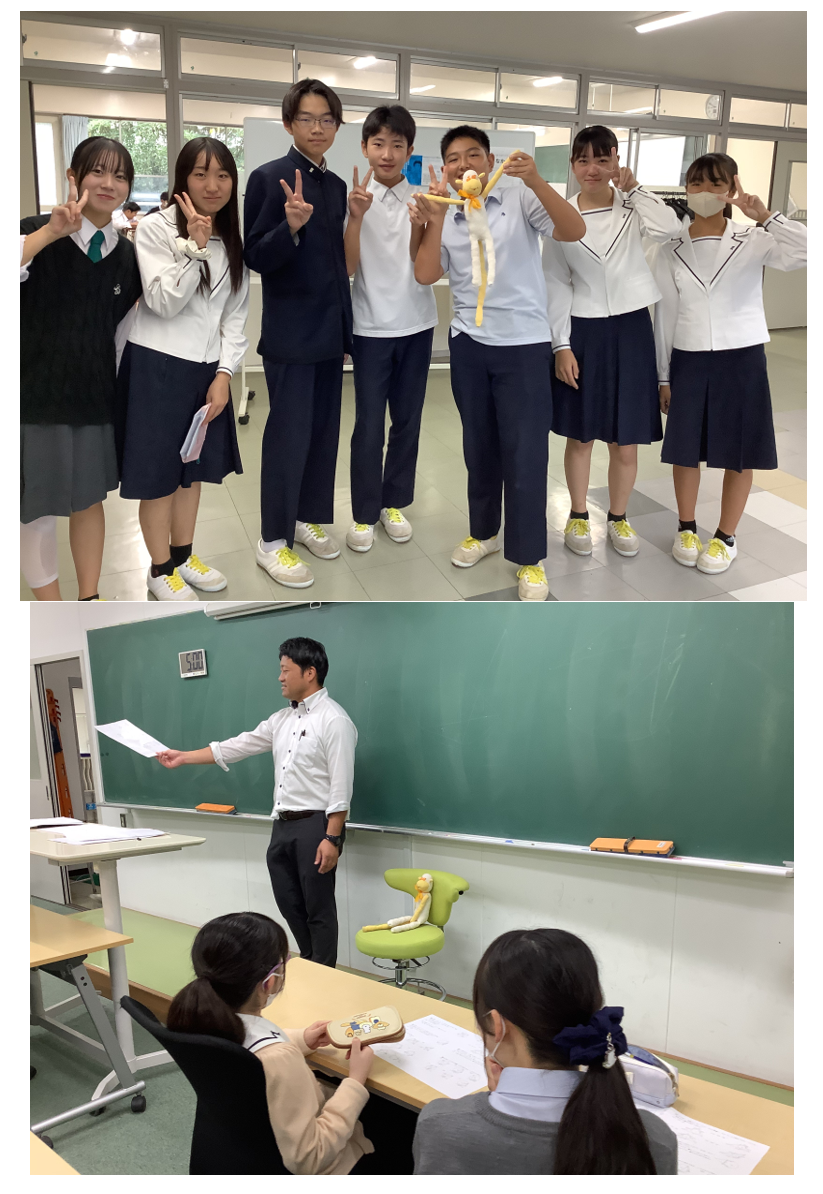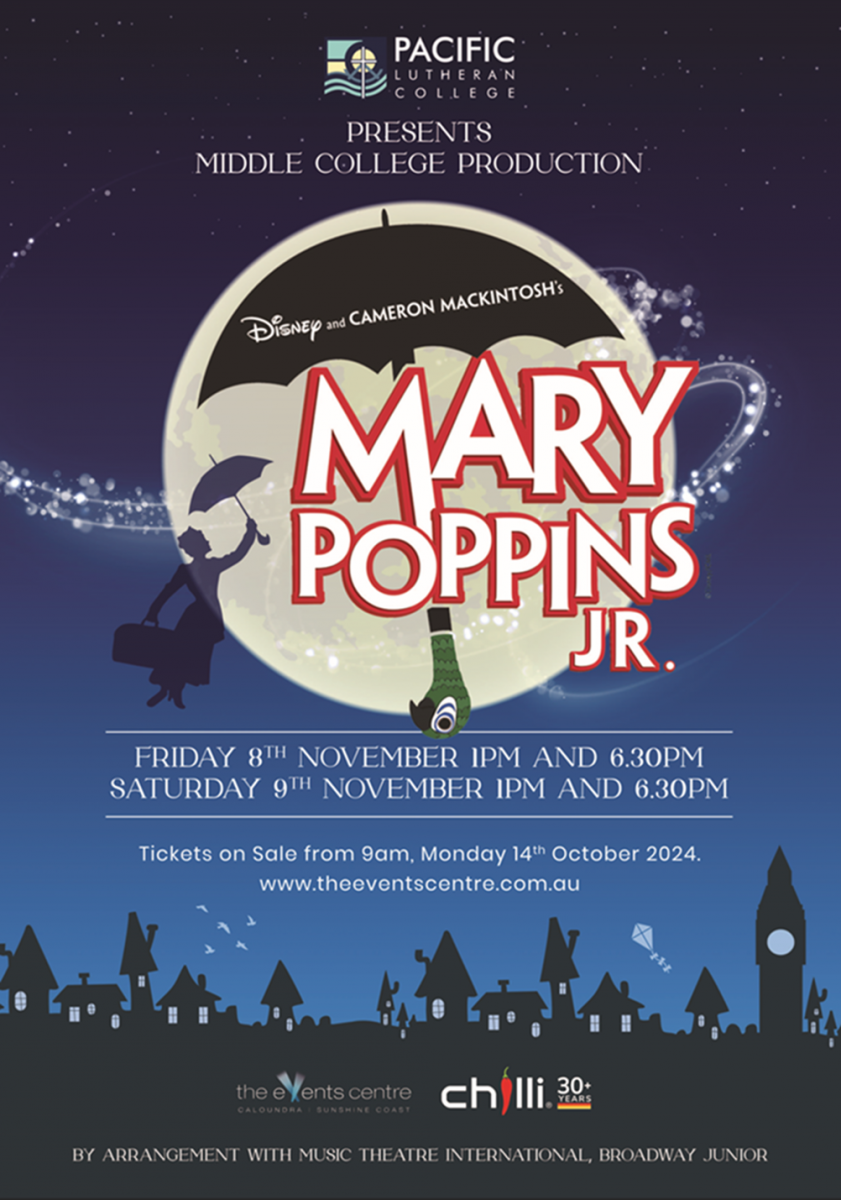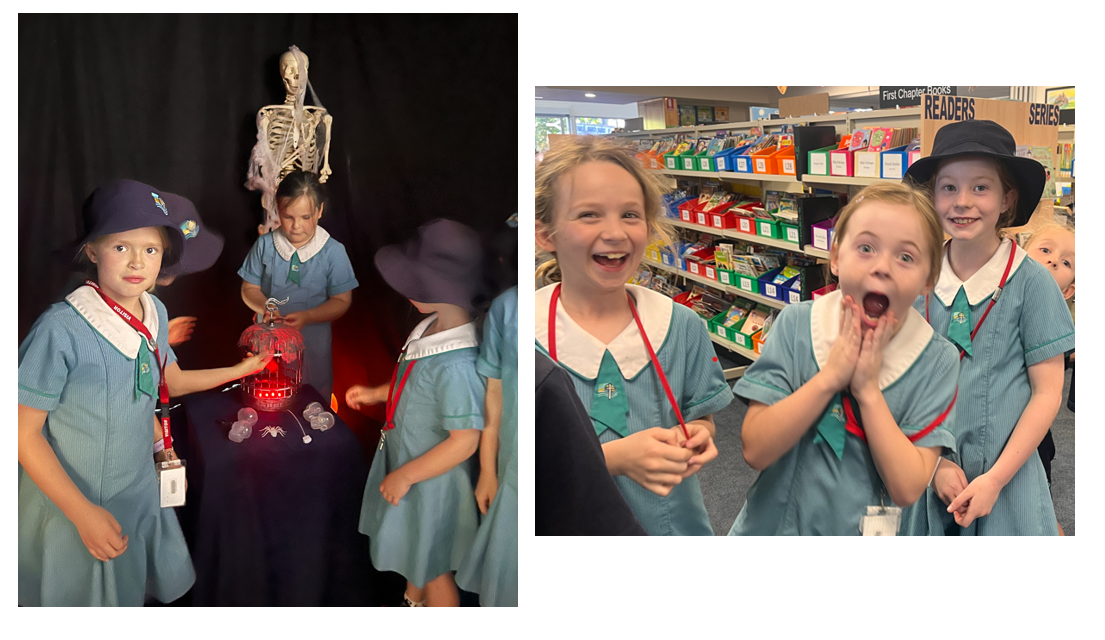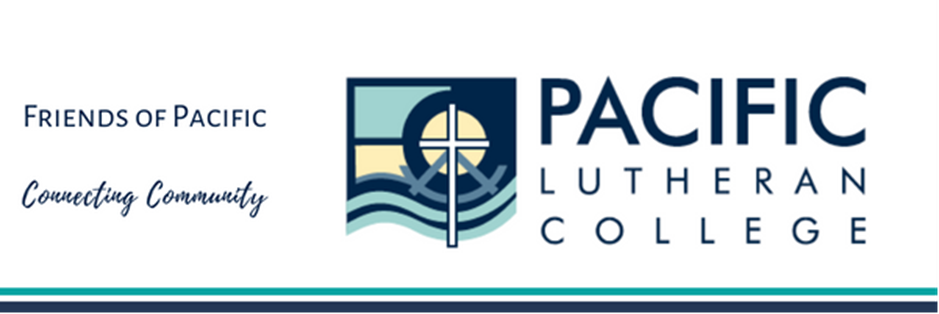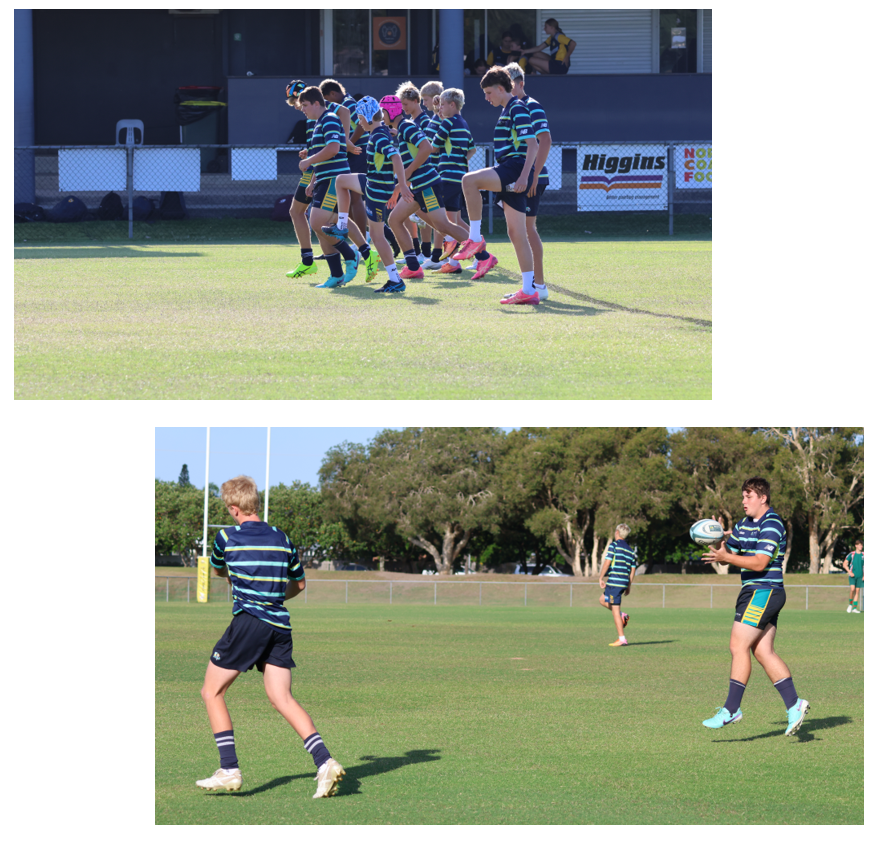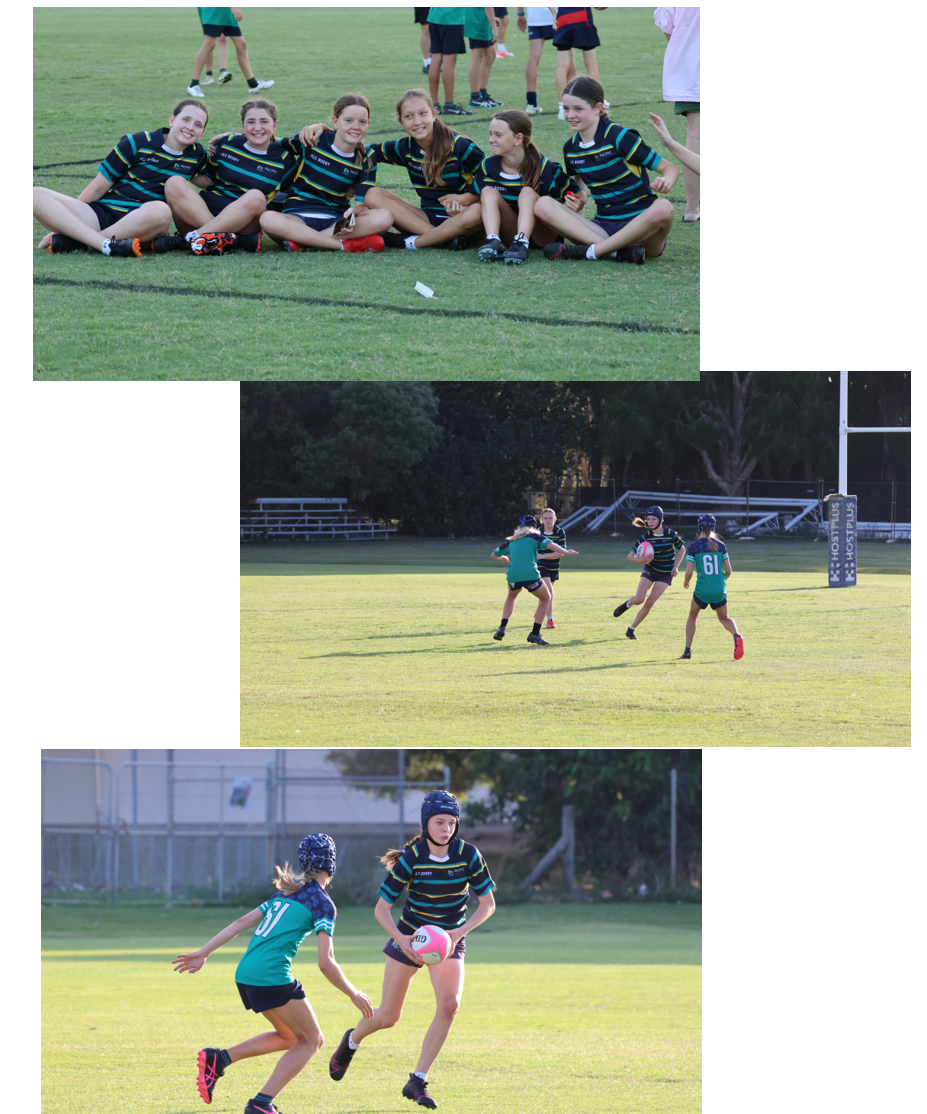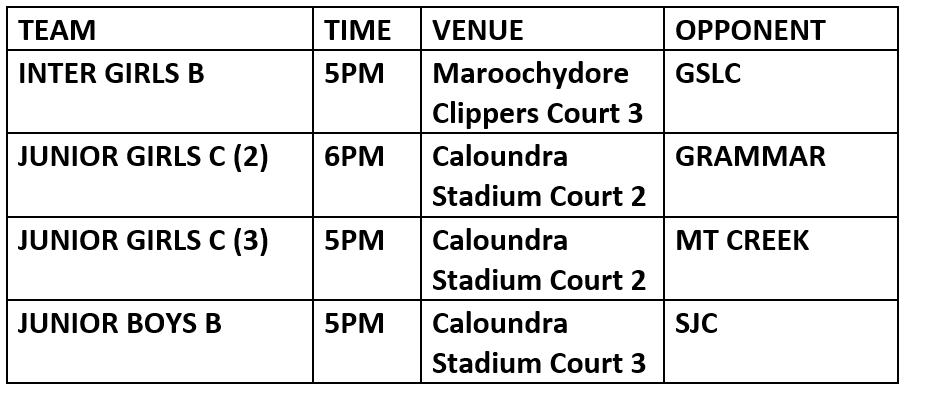Certificate III in Information Technology Traineeship at PLC
The comprehensive Certificate III in Information Technology prepares you for employment as a computer technician, user support specialist or client support officer. Upon successful completion of the traineeship, you will be able to respond effectively to technical support needs in your workplace. You'll gain the skills to provide ICT support to clients, create ICT user documentation, care for computer hardware, provide basic system administration and apply introductory programming techniques. You'll learn to work as a team and develop and extend critical and creative thinking skills.
Students who wish to undertake this traineeship must be aware that it requires 7.5 hrs of paid employment at the college every week over two years as well as online training of theory modules to complete this qualification.
Please see Mr Learoyd ilearoyd@pacluth.qld.edu.au if you are interested in applying. Applications close 6th November 2024.
Strategies to balance studies with life
A common theme that comes up in Career Conversations with PLC students is how to balance studies with all the extracurricular activities.
The key is smart time management, here are some great tips provided by studyworkgrow.
Start with your studies
This might not come as a surprise, but your school work should be your foundation. Make sure things like assignments and exams have top priority – then, you can plan your other activities around them.
Choose activities you truly enjoy
Try and avoid joining clubs or doing certain activities just because they’ll look good on your resume. Pick things that actually interest you – you’ll be more motivated to make time for them, get more out of the experience, and just enjoy yourself more too.
Be realistic about your commitments
Like it or not, there are only so many hours in each day. So if you want to add more activities to your calendar, consider:
• How many hours per week each activity requires
• Travel time to and from activities
• Whether activities clash with other commitments
• Busy periods at school (like exam time)
• Time off to rest and recharge
Learn to prioritise
You don’t have to do everything! It’s better to fully commit to a few activities than to spread yourself too thinly across many. And if you’re feeling overwhelmed, it’s totally okay to step back from some commitments – your health and wellbeing always comes first.
Create a schedule that works
Having a clear schedule is one of the best ways to make sure you can fit everything in without getting stressed. Here’s a simple way to put together a calendar to keep track of your commitments:
Use a planner
Writing everything down is a great way to help you stay on track each day. There are some great planning apps out there to help you put your schedule together, but good old-fashioned pen and paper does the trick just as well.
List all your commitments
Whatever method you use, your first step is to work out what all your commitments are and how long they take. Include things like:
• Class times
• Assignment and exam dates
• Activity schedules
• Study periods
• Free time
Block out your time
Once you know what you’re doing, you just need to work out when to do it! In your planner, allocate specific times each day or week for each activity and commitment.
If you find some of them overlap or you don’t have enough time in your week for all of them, go back and work out what should take top priority, and schedule it first.
And don’t forget to leave some gaps in your schedule for unexpected events or tasks that take longer than planned – plus that all-important time for socialising, hobbies, and rest.
Look after yourself
While balancing everything is important, your health and wellbeing should always come first. Remember that you can’t pour from an empty cup. Make sure you:
• Get enough sleep
• Eat well
• Exercise regularly
• Take breaks when needed
• Spend time with friends and family
If you’re feeling overwhelmed, don’t be afraid to talk to your teachers, family, or school counsellor. They can help you work out a better balance.
Mrs Veronica Sanmarco, Head of Career Development

